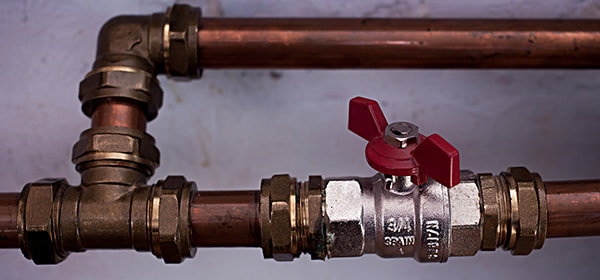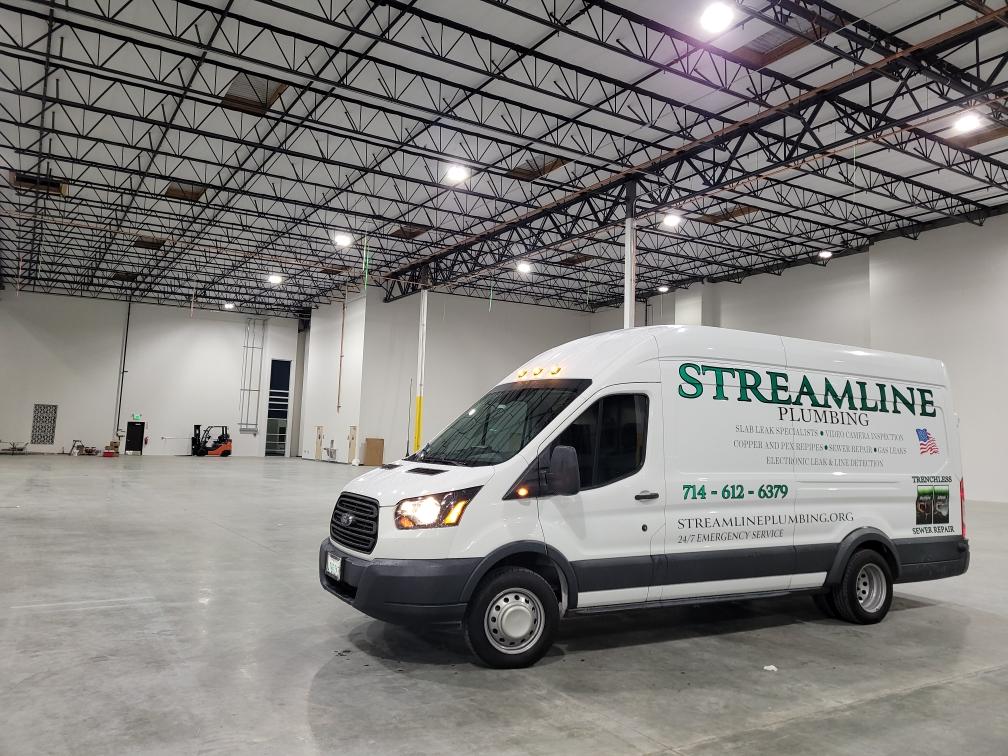Professional Plumber: Understanding the Differences and Choosing the Right Service for Residential and Business Needs in Orange County
Exploring the world of plumbing services uncovers a distinct division between residential and commercial plumbing needs.
When considering whether a professional plumber can handle both domains, the answer often depends on their training and expertise.
Professional plumbers typically have specialized training tailored to either residential or commercial systems, addressing their unique complexities and demands. Understanding this distinction can help ensure that your chosen plumber is equipped to meet your specific requirements.
The pathway to becoming a professional plumber often involves different credentials and training modules based on whether one focuses on residential or commercial systems.
Residential plumbing generally deals with simpler systems within individual homes, while commercial plumbing may require handling intricate systems for larger buildings and public spaces.
Such differences mean that the necessary skills and qualifications can vary significantly between the two areas of practice.
When choosing a plumber in Orange County, looking at established companies like Streamline Plumbing can provide comprehensive solutions tailored to your needs.
Their experts bring valuable insights and experience to the table, whether you face a routine residential plumbing issue or require a more complex commercial system solution.
With knowledge in handling both types of plumbing, they offer tailored services that ensure effective results for your home or business needs.
Exploring the Roles of Professional Plumbers
Professional plumbers handle a variety of tasks, catering to both residential and commercial settings. Their expertise spans installation, repairs, maintenance, and adherence to safety standards.
Comparison of Residential vs. Business Plumbing
Residential plumbers typically focus on home plumbing systems, dealing with issues like leaky faucets, clogged drains, or water heater troubles.
These professionals ensure that home plumbing systems remain functional and safe for daily use.
The attention to detail and customization are important factors, as homes often require different solutions based on the age and condition of the plumbing.
Business or commercial plumbers, on the other hand, handle large-scale systems found in businesses, schools, or hospitals.
They deal with more complex piping systems and installations. The plumbing tasks involve more stringent regulations and codes due to the larger scale and public usage.
You may notice that commercial plumbing projects demand cooperation with other construction professionals to ensure all plumbing operations are seamlessly integrated into the building’s infrastructure.
Commonalities in Residential and Business Plumbing Services
Despite the differences, both residential and business plumbers share several common services.
They are trained to install and repair piping systems, ensuring they comply with the local plumbing codes. Both are skilled in detecting leaks, replacing fixtures, and conducting routine maintenance.
Regardless of the setting, professional plumbers possess an understanding of key safety standards and efficient problem-solving skills.
They utilize industry-standard tools and techniques to ensure reliability and functionality.
In either environment, timely and accurate services provided by professional plumbers are crucial to maintaining water supply and waste systems.
Training and Credentials for Plumbers
The training and credentials needed for plumbers are essential in shaping their expertise in residential and business environments. By understanding their educational pathways and potential specializations, you can make informed decisions based on your specific plumbing needs.
Educational Pathways for Plumbers
Plumbers begin their careers through several educational routes.
Most start with a high school diploma or GED, focusing on courses like mathematics and science, which lay a foundation for technical skills.
You might pursue an apprenticeship, which generally involves hands-on training under the guidance of a master plumber.
This paid training period lasts four to five years, and you’ll learn about plumbing systems, safety practices, and regulations.
An alternative route is to attend a trade school or vocational program, which provides a more structured learning environment.
These programs often lead to a certificate or associate degree, and can sometimes reduce the time needed for an apprenticeship.
Specializations in Plumbing
Plumbers may choose to specialize in either residential or commercial services.
Residential plumbers focus on home systems like kitchens and bathrooms, often dealing with repair and maintenance of plumbing fixtures.
Commercial plumbers handle larger systems used in businesses and industries. Their work requires familiarity with codes and complex system designs.
Some plumbers are trained in cross-categorical areas, which means they can handle both residential and commercial projects.
This versatility can be advantageous if you need plumbing work that spans both types of environments.
Specialized training often includes courses in advanced techniques and safety practices tailored to complex systems, ensuring plumbers are well-equipped to address specific needs in varied settings.
Selecting the Right Plumber for Your Needs
Choosing the right plumber involves understanding the qualifications and expertise necessary for different plumbing needs. Whether tackling residential or business projects, some key factors can guide you in making an informed decision.
Factors to Consider When Choosing a Plumber
Start by verifying a plumber’s professional credentials. Ensure they are licensed and certified according to local regulations.
A licensed plumber indicates competence, as they’ve undergone relevant training to handle varying plumbing tasks.
Experience is another crucial factor.
Plumbers with a proven track record in projects similar to yours are likely more adept at troubleshooting and repairing.
Customer reviews and recommendations can offer insights into a plumber’s reliability and professionalism, which are essential for providing consistent, high-quality service.
Evaluating Plumbers for Residential Projects
When it comes to home plumbing, prioritize a plumber with a strong history in residential services.
Look for someone who is familiar with home systems and related challenges.
Residential plumbers often need to address complex problems like leaks and water heater installations, so technical proficiency is crucial.
Availability is also significant.
You may require immediate solutions to issues affecting your home, such as burst pipes or clogged drains.
Opt for a professional with flexible scheduling and the ability to respond promptly to emergencies.
Using modern equipment can enhance service quality, so consider those utilizing tools like video inspection cameras.
Assessing Plumbers for Business Plumbing Needs
Commercial plumbing requires expertise specific to business environments.
Plumbers experienced with industrial systems are often better equipped to manage larger, more complex systems.
Factors like water supply and drainage efficiency can significantly impact business operations, making specialized knowledge critical.
Consider a plumber’s capability to manage preventative maintenance, as this is vital in avoiding disruptions in business activities.
Some commercial plumbers offer ongoing maintenance packages, ensuring regular system checks and minimizing downtime.
Also, evaluate their experience with compliance related to health and safety standards, essential for commercial environments.
Streamline Plumbing’s Expertise in Orange County, CA
Streamline Plumbing excels in handling both residential and business plumbing needs in Orange County, CA. Their specialized services cater to distinct customer requirements, ensuring efficiency and professionalism in every job.
Services for Residential Plumbing Concerns
For home plumbing issues, Streamline Plumbing provides a range of solutions designed to address common problems such as leaks, blockages, and water heater malfunctions.
Their expert team offers thorough inspections and preventive maintenance to keep your home’s plumbing system running smoothly.
They use advanced techniques and equipment to diagnose and fix issues swiftly, minimizing disruption to your household.
As a family-owned business, they emphasize quality, honesty, and reliability, making them a trusted choice for homeowners in the region.
Solutions for Business Plumbing Systems
Businesses often have complex plumbing demands, requiring tailored solutions to ensure seamless operations.
Streamline Plumbing is well-versed in configuring plumbing systems to align with specific industry needs and adhere to local regulations.
Their services include system optimization for cost-effectiveness and long-term efficiency.
With over 25 years of experience, they provide customized strategies to support business growth and prevent costly downtime.
By focusing on quality and professionalism, they help businesses maintain functional and compliant plumbing systems, from routine maintenance to major installations.




